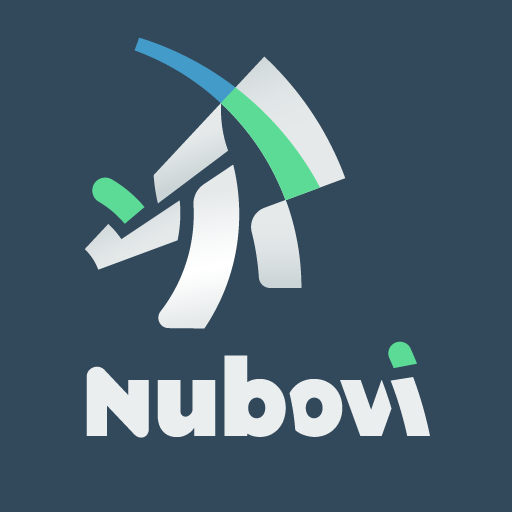In today's dynamic digital landscape, businesses are increasingly leveraging cloud computing to drive innovation, scalability, and efficiency. However, as cloud usage grows, so do the complexities and challenges associated with managing costs effectively. This is where Financial Operations (FinOps) steps in, offering a framework that aligns cloud spending with business objectives. At its core, FinOps emphasizes collaboration, transparency, and accountability across IT and business teams to optimize cloud expenditure without sacrificing performance or innovation.
Shared team visibility, responsibility, and engagement are pivotal aspects of successful FinOps implementation. In traditional IT environments, cost management often falls solely on the shoulders of finance or IT departments, leading to siloed decision-making and inefficiencies. However, in the FinOps model, both IT and business stakeholders play integral roles in cost optimization. By fostering a culture of collaboration and shared responsibility, organizations can ensure that cloud spending is aligned with strategic goals and budgetary constraints.
One of the key challenges in achieving this synergy is the lack of visibility into cloud costs across teams. Without a clear understanding of how resources are being utilized and the associated expenses, it becomes challenging to make informed decisions regarding optimization efforts. This is where a robust cloud cost management tool becomes invaluable. By providing real-time insights into usage patterns, cost trends, and potential areas for optimization, these tools empower both IT and business teams to make data-driven decisions that drive efficiency and cost savings.
Moreover, a good cloud cost management tool facilitates accountability by enabling teams to track spending against budgetary targets and allocate costs accurately across departments or projects. This transparency not only fosters a culture of fiscal responsibility but also encourages proactive cost optimization initiatives.
Furthermore, engaging both IT and business teams in the cost management process is crucial for long-term success. By involving stakeholders from diverse backgrounds and perspectives, organizations can leverage collective expertise to identify optimization opportunities and prioritize initiatives based on business impact.
In conclusion, achieving FinOps excellence requires more than just implementing tools and processes—it demands a cultural shift towards collaboration, transparency, and shared accountability. By embracing these principles and leveraging the right technology, organizations can unlock the full potential of cloud computing while effectively managing costs and driving business value.
To learn more about how Nubovi can help support your FinOps initiatives, have a look at our white paper or watch this short explainer video.
